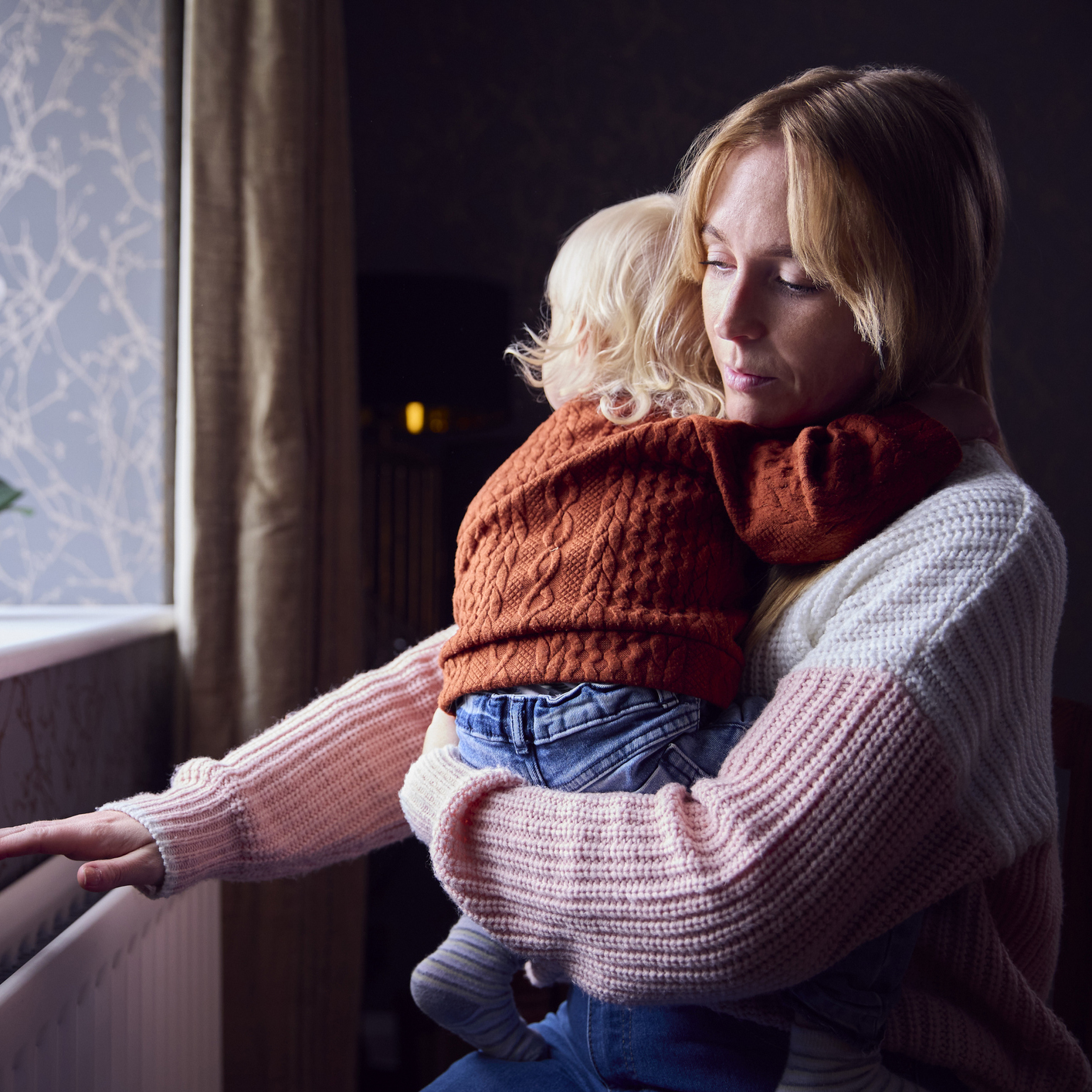
05/17/2024 | Legal, Parenting
Helping Kids Cope With Divorce
About 1 out of 2 marriages in the US end in divorce. This impacts many American children. Those kids often feel trapped in the middle as the family…


No parent wants to learn that their child is in trouble with the law. But one of the best things prents can do is prepare themselves and their children for encounters with law enforcement by helping their child understand their rights and the juvenile process.
Speaking to your child about how to interact with law enforcement can help the outcome of a case. Here are a few things to know and discuss with your child.
Both parents and children must remember that children enjoy the same rights as adults accused of crimes. Those rights include the right to remain silent, the right to speak to an attorney before police questioning, and the right to an appointed attorney if the family cannot afford to hire one.
Parents need to talk to their children about their rights and how to invoke them in case they are accused of a crime. Simply saying, “I do not want to speak with you” and “I want an attorney” should end unwanted questioning. We teach children to obey adults and authority figures, which can make them more susceptible to adult questioning.
How kids and parents interact with law enforcement can make a difference in what happens in a case. Staying calm and respecting the officer’s right to do their job, even if you disagree with their actions, will help keep matters from escalating.
Law enforcement officers often decide whether to release a child to the parents or take them to jail. Law enforcement may also decide whether to charge a child and what charge will be filed. Addressing law enforcement with anger or hostility will not help the situation.
Many parents believe that they have a right to be present before their child is questioned by law enforcement. That is not true in South Carolina, unlike some other states.
In South Carolina, the police may question a child without the parent’s presence, permission or knowledge. Law enforcement may have questioned your child before you are even notified about an incident.
Having a charge in juvenile court is a serious matter, but most children taken into custody by law enforcement are released to their parents. Juvenile cases in South Carolina usually end with a referral to a diversion program (an alternative to prosecution) or a probationary sentence without jail time. Juvenile detention is mainly used for kids charged with violent crimes, offenses involving guns, fleeing from law enforcement or repeat offenses.
According to the Department of Juvenile Justice’s 2022 Annual Accountability Report, more than 13,000 kids were referred to DJJ in fiscal year 2022. Less than 20% of kids referred to DJJ were locked up in a juvenile jail before court. Even fewer were “committed” or sentenced to a juvenile prison after going to court.
Parents may be familiar with the requirements of the Fourth Amendment, which protects citizens from unreasonable searches and seizures without a warrant or probable cause. Many don’t know that school officials do not need probable cause to search a child (or a parent) on a school campus. School officials only need a “reasonable suspicion” to search a student for contraband or evidence of a rule violation.
Additionally, lockers, bookbags, purses and vehicles on school property are subject to reasonable searches without a warrant or probable cause. If school officials find evidence of criminal activity at school, they are required to contact law enforcement.
If you are under 18 and charged with a crime in South Carolina, your case will probably be handled through the juvenile family court process. The modern juvenile system focuses on providing rehabilitation, supervision and services to youth in their home community whenever possible. Commitments to secure facilities, when they occur, are shorter than what an adult might face in General Sessions (adult criminal) court.
As a juvenile, children have rights similar to those of adults, including the right to a trial, the right to be represented by an attorney, the right to cross-examine witnesses and the right to present a defense. Unlike adults, juveniles do not have a right to a trial by jury. Instead, a family court judge decides whether the child is guilty.
Seventeen-year-olds with serious felonies may be charged as adults and prosecuted in adult court. Children younger than 17 may also be “waived” to adult court for serious charges under some circumstances.
Kids may be sent to Magistrates Court just like adults for traffic tickets and wildlife violations (e.g., fishing without a license).
When an attorney is appointed to represent your child in a juvenile case, the child becomes the client – not the parent. The attorney’s job is to represent your child’s expressed interests, which means the child makes major decisions relating to the case. As a parent, you may disagree with your child’s decisions about their case, but they are not your decisions to make.
Additionally, your child’s attorney will want to speak with your child alone about the case. Conversations between your child and the attorney are confidential or “attorney-client privileged.” The attorney may instruct your child not to speak about these conversations or pending charges, even with their parents.
Parents may feel like they are being kept in the dark, but these measures are intended to protect the child legally and prevent the parent from becoming a witness against their child.
Juvenile law enforcement and family court records are not open to the public. However, exceptions allow sensitive information to be shared with child-serving agencies, schools and law enforcement.
Information about a child’s charges may be shared with the school principal. School principals may also request copies of incident reports relating to other offenses, even if the child is not charged with a crime. If a child is “adjudicated delinquent” (found guilty) of certain crimes, DJJ must also send information about the outcome of the case to the child’s school. Schools may take disciplinary action against a child or prevent their enrollment based on some adjudications.
Juvenile court involvement may also impact a child’s driver’s license, eligibility for subsidized housing, and access to other programs or benefits. You can check out more information about juvenile records, including how to get your child’s record expunged.
Having a child with legal issues can be daunting. Parents should talk candidly with children about their rights and what to expect if they face legal trouble.
There is no substitute for advice from a qualified attorney. Parents should contact an attorney or local public defender’s office if their child encounters legal issues.
D. Michael Mathison is a former juvenile public defender and the Juvenile Justice Resource Attorney at the Children’s Law Center at the University of South Carolina’s Joseph F. Rice School of Law. The opinions expressed above are the author’s own and do not necessarily reflect those of the Children’s Law Center, the Joseph F. Rice School of Law, the University of South Carolina, their funders, or affiliates. This post is intended for general information purposes only and not as legal advice. If you or your child has a legal question, you are encouraged to seek the counsel of a licensed attorney.
Legal
05/17/2024 | Legal, Parenting
About 1 out of 2 marriages in the US end in divorce. This impacts many American children. Those kids often feel trapped in the middle as the family…


01/29/2024 | Legal
Having your family get involved with the child protective services system can be very scary. Knowing what to expect, some of the terminology and…


01/29/2024 | Legal
No parent wants to learn that their child is in trouble with the law. But one of the best things prents can do is prepare themselves and their…
